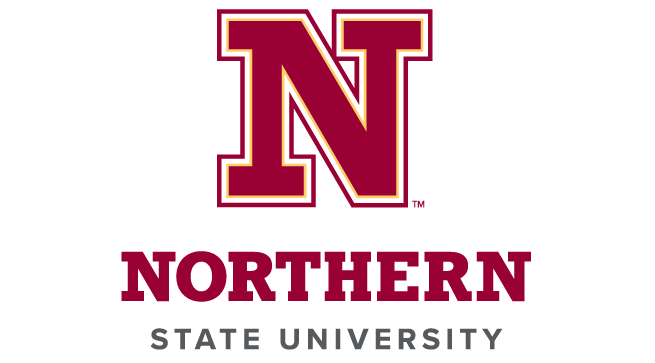If you are wondering how to pay for college, our office is here to help! Below is a handy list of options to consider.
- Scholarships: Free money is always your first, best option. Check out Scholarships for opportunities, and then explore other scholarship websites and options in your local community.
- FAFSA: We encourage all students to apply for federal financial aid through the Free Application for Federal Student Aid (FAFSA). If you have already done so, log into Self Service Banner to view any missing paperwork, to accept or decline your award offer, or to review your current aid package.
- TEACH Grant: Students majoring in high-need education programs who meet eligibility criteria can receive up to $4,000 per year.
- Outside Resources: Explore Vocational Rehabilitation, tribal assistance, military education benefits, Education and Training Voucher (ETV) Funds, and more.
- Employment: Let us know if you'd like to work on campus. See Employment for details.
- Monthly Payment Plan: There are no interest or finance charges with this plan, but there is a nominal enrollment fee. Payments are generally set up over four months per semester. Visit Payment Plan for details.
- Special Circumstances: If your financial situation has changed since you completed the FAFSA, we may be able to make an adjustment to your award based on more current information. Examples of these situations include reduction of wages, separation/divorce, and unusual medical expenses. Note that not all aid adjustment requests will result in increased aid.
- Unusual Circumstances: If completing FAFSA is difficult because you do not have parent information to provide, are you experiencing homelessness? Visit this page for more information. If you have other circumstances, visit this page to learn about requesting a separate review. These processes may allow you to qualify for federal aid without parental information.
- PLUS Loan: Federal Direct PLUS Loans are available to creditworthy parents of dependent students and to graduate students who have exhausted their Direct Loan eligibility. The annual loan limit is the estimated cost of education minus any financial aid received. See Student Loans for details.
- Additional Unsubsidized Direct Loan: If you are a dependent student and your parent applies for a PLUS Loan and is denied due to credit history, you may borrow through an additional Unsubsidized Direct Loan. You will be sent a revised award offer showing any additional loan eligibility after the PLUS Loan denial has been documented.
- Alternative Loans: There are several alternative loan programs through which students and/or family members may borrow funds. Consider these loans as a last resort after exhausting federal financial aid eligibility. Interest rates and repayment terms vary and a creditworthy cosigner is generally required. See Student Loans for details.
- Other Options
Please consider the above resources and contact our office if you have questions or if we can assist you.
